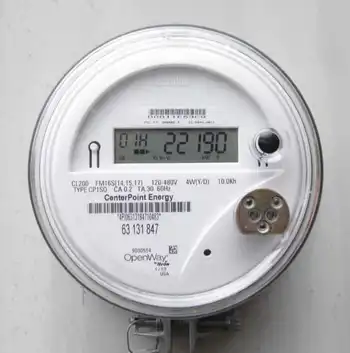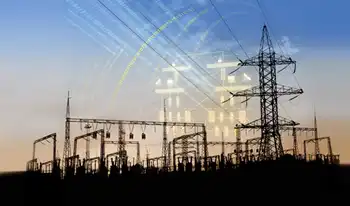Build wind farms near land to cut costs: study
Only a quarter of the wind power capacity Britain needs to meet its target of getting 15 percent of energy from renewable sources by 2020 will be built unless controls on offshore turbines are relaxed to cut costs.
The report "Offshore wind: big challenge, big opportunity" also calls on the government to remove planning obstacles and resolve grid connection problems that are stunting growth.
"Slashing the costs of offshore wind must now be a priority for UK energy policy," said Tom Delay, chief executive of the private, government-funded agency whose mandate is to drive cuts in Britain's carbon emissions.
"The Government must... unlock the most economically attractive sites for development... if we are going to meet our 2020 renewable targets and deliver significant reductions in our carbon emissions."
Allowing wind farms in shallower coastal waters could cut Britain's renewable energy bill by 16 billion pounds ($28.14 billion) and its carbon emissions by 14 percent, the Carbon Trust report said.
Current constraints could force Britain's next round of offshore wind farms to be built 70 miles from the shore, resulting in less than a quarter of the 29 gigawatts of turbines Britain needs to be installed by 2020, the Trust says.
Its other recommendations include removing grid and planning regulatory barriers, increasing public funding and modifying the current incentive mechanism, which could cut the cost of building wind farms Britain needs by another 14 billion pounds.
Related News

Fire in manhole leaves thousands of Hydro-Québec customers without power
MONTREAL - Hydro-Québec says a power outage affecting Montreal is connected to an underground explosion and a fire in a manhole in Rosemont—La Petite–Patrie.
The fire started in underground pipes belonging to Hydro-Québec on Bélanger Street between Boyer and Saint-André streets, according to Montreal firefighters, who arrived on the scene at 12:18 p.m.
The electricity had to be cut so that firefighters could get into the manhole where the equipment was located.
At the peak of the shutdown, nearly 41,000 customers were without power. As of 7:00 p.m., 10,981 clients still had no power.
Hydro-Québec spokesperson Louis-Olivier Batty said the utility is being strategic about how it restores power.
Because of the cold, it anticipates that…





